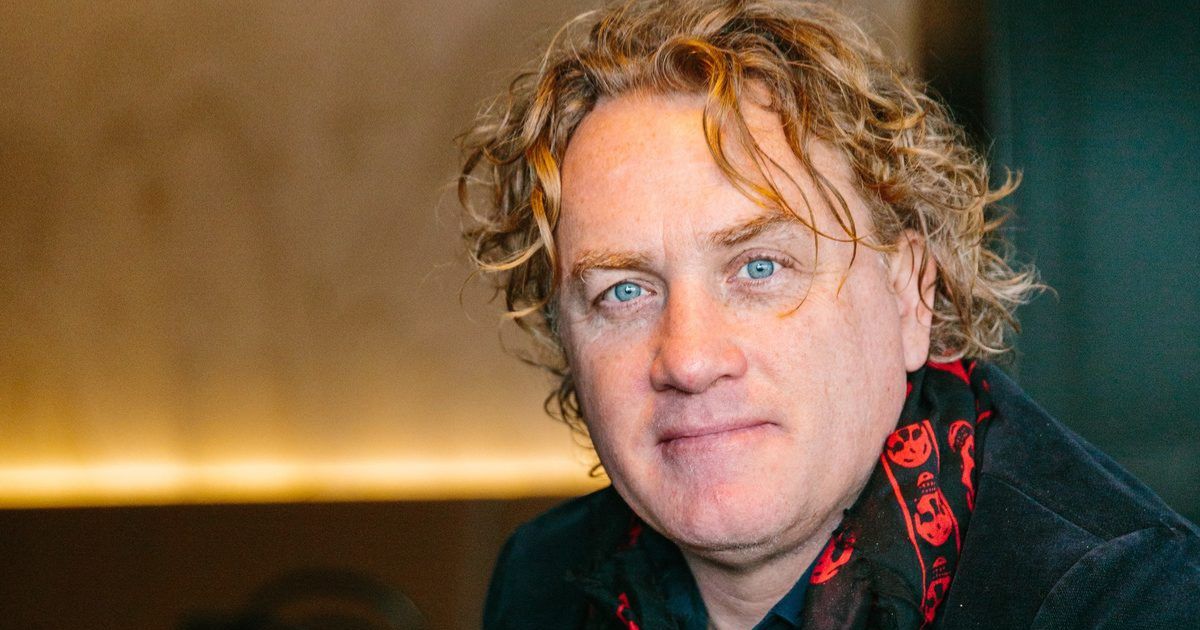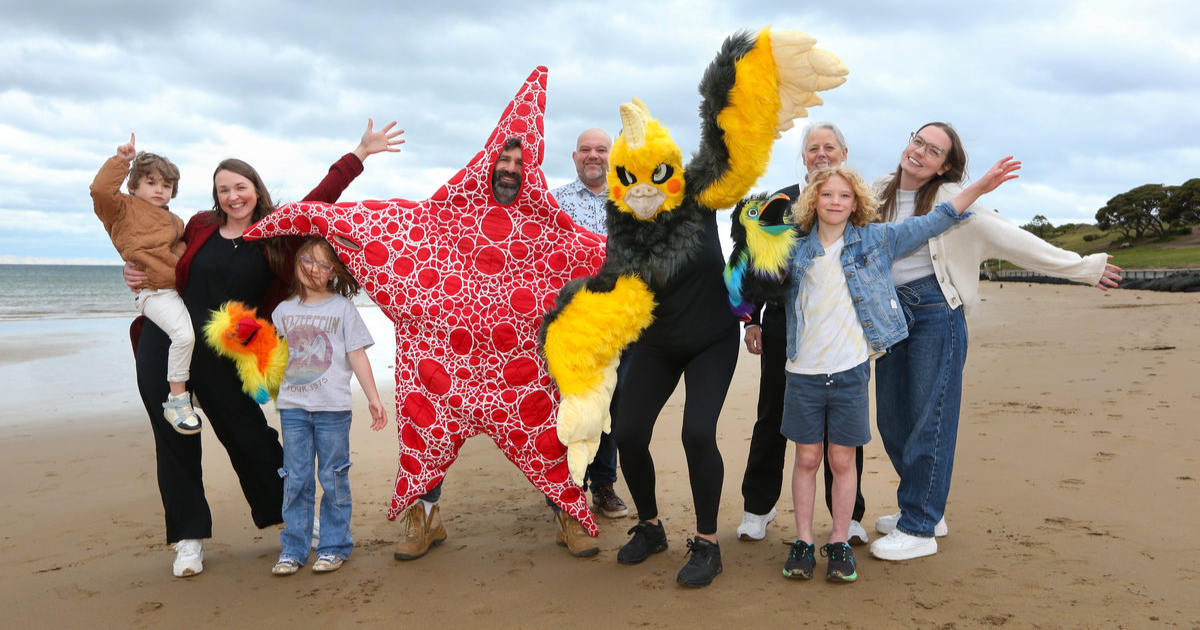Mental health awareness: The silent killer

Police are often the first to respond when there's a mental health crisis, working with adult clinical mental health services. Photo: VICTORIA POLICE/FACEBOOK
LONELINESS can impact anyone – even when surrounded by others. While occasional feelings of loneliness are a normal part of life, persistent loneliness can take a toll on your mental health.
Police are often the first to respond in mental health crises, given their community presence and legal authority to act when there’s a risk of immediate harm. In Australia, it’s estimated one in two people will experience mental health challenges at some point in their lives.
If you’re experiencing any of the following signs, don’t wait — now is the time to reach out for support if:
You are concerned or distressed by your reactions or if the reactions are getting worse
You are feeling on edge, jumpy, irritable or frightened most of the time
Your reactions are impacting on your daily life and functioning
You are having difficulty carrying out your normal roles, e.g. as a parent or at work
You are feeling hopeless or can’t go on
You have thought about self- harm, suicide or harming others.
The Mental Health and Police Response (MHaP) program is a collaborative initiative between Victoria Police and adult clinical mental health services. Now implemented across all 21 Area Mental Health Services in Victoria, the program enables mental health clinicians to work alongside police in responding to individuals in crisis.
This approach helps reduce unnecessary emergency department presentations and allows police to focus on other duties.
MHaP aims to deliver a timely, targeted response to individuals identified by police as experiencing – or likely experiencing – an acute mental health episode that requires urgent intervention.
“Due to our unique role within the community, Victoria Police is well placed to identify people experiencing mental health issues and refer them to the appropriate agencies for support,” acting Senior Sergeant Jess Johnston said.
Whatever you’re going through, remember you’re not alone. Support is available and the earlier you reach out, the sooner you feel better.
For urgent mental health crises, call Lifeline on 13 11 14, Suicide Call Back Service on 1300 659 467, Beyond Blue on 1300 224 636, Kids Helpline on 1800 55 1800 or Emergency 000.
//SPONSORED CONTENT

















